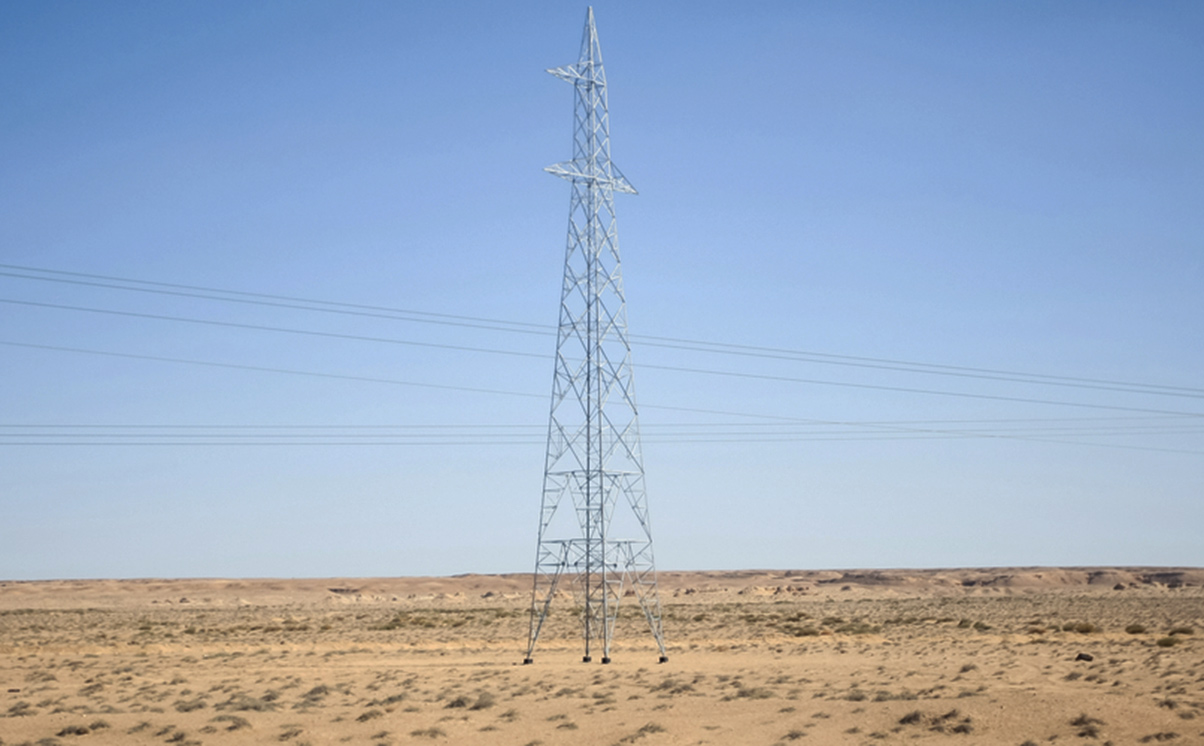In the latest judgment involving the case of P&ID’s dispute with the Federal Republic of Nigeria, the Court of Appeal held that it had jurisdiction in principle to hear Process & Industrial Developments’ appeal to a costs order, made at first instance. However, on the merits, the appeal was dismissed, confirming the position when it comes to the separate question of the currency in which the court should order costs.
Daniel Wilmot, Nina Sands and Ayushman Jalan comment on the English Court of Appeal’s judgment in Process & Industrial Developments Limited v The Federal Republic of Nigeria [2024] EWCA Civ 790 handed down on 12 July 2024.
Case summary
Briefly, the dispute arose between Process & Industrial Developments Limited (“P&ID”) and the Federal Republic of Nigeria (“Nigeria”), out of a 20-year term gas supply and processing agreement (“GSPA”).
Under the GSPA, P&ID was tasked with constructing and operating a gas processing plant, with Nigeria responsible for supplying the gas to be processed. However, neither party fully discharged their obligations, and in 2012 P&ID commenced arbitration against Nigeria, alleging that Nigeria’s breach was repudiatory of the GSPA.
In July 2015, the London-seated arbitral tribunal found that Nigeria had committed a repudiatory breach, which P&ID accepted, in order to bring the GSPA to an end. In January 2017, the same tribunal issued a further award in favour of P&ID, awarding it damages of $6.6bn, with interest to accrue at 7%.
By the time Nigeria came to challenge the awards before the English Commercial Court, the amount owing was calculated to be in the order of $11bn, including interest. The challenge was successful, producing the seismic judgment of Mr Justice Robin Knowles CBE of 23 October 2023, in which he set aside the two awards on the grounds that they had been obtained by fraud and had been procured in a way contrary to public policy.
At a subsequent consequentials hearing, Mr Justice Robin Knowles CBE ruled on 8 December 2023 to award Nigeria its costs, denominated in pounds sterling. The judge also refused P&ID permission to appeal that ruling. P&ID applied to the English Court of Appeal in respect of the judge’s rulings, which raised the following two key questions:
- Does section 68(4) of the Arbitration Act 1996 (the “Act”) preclude the Court of Appeal from hearing the matter?
- If the Court of Appeal has jurisdiction and grants P&ID permission to appeal, was the first instance judge right to order costs in pounds sterling?
On 12 July 2024, the Court of Appeal handed down judgment on these issues here.
The preliminary issue of jurisdiction
Mr Justice Robin Knowles CBE set aside the awards under section 68(2)(g) of the Act, Nigeria having established one or more serious irregularities of the type covered by that section, causing it substantial injustice.
Section 68(4) of the Act provides that “[t]he leave of the court is required for any appeal from a decision of the court under [section 68]”. It was accepted that “the court” in section 68(4), was a reference to the first instance court. Such leave was sought before and denied by Mr Justice Robin Knowles CBE, at the hearing in early December 2023.
The point taken was that the costs order was not a “decision of the court under” section 68. In assessing the question of its jurisdiction in principle, the Court of Appeal considered its previous judgments in three recent cases.
In Manchester City FC v Football Association Premier League [2021] EWCA Civ 1110, the Court of Appeal found that the lower court’s decision to make public its rejection of Manchester City’s challenge under sections 67 and 68 of the Act was not one falling within the limitation on rights of appeal, it not being a decision that was part of the process of reaching the substantive decision.
In contrast, in National Iranian Oil Company v Crescent Petroleum Company International [2023] EWCA Civ 826, a decision that a party had not lost the right to challenge under section 67 of the Act, by operation of section 73 of the Act, was found to be a decision that fell within the limitation on rights of appeal. This was on the ground that section 73 was ancillary to section 67 (and, by analogy, section 68) and that whether a party had lost a right of challenge, was part of determining such a challenge.
Finally, in Czech Republic v Diag Human [2023] EWCA Civ 1518, a decision dismissing an application for money to be brought into court under section 70(7) of the Act, pending determination of a challenge under sections 67 and 68 of the Act, was also found to be a decision caught by the limited rights of appeal. Similar to the reasoning in National Iranian Oil Company, section 70(7) was held to be ancillary to sections 67 and 68 of the Act.
In applying those previous judgments, the court concluded that an appeal of the costs order was not within the scope of, and so barred by, section 68(4) of the Act, because:
- The purpose and policy reasons behind section 68(4) (and the equivalently worded section 67(4)) of the Act are to prevent delays and excessive costs. However, the court found that an appeal on the issue of the currency of costs awarded, would not have a “similar disruptive effect” as appealing a substantive decision on challenging an award. Thus, such policy reasons did not apply.
- The costs order was not a decision made under section 68 of the Act or by reference to any provision of the Act. It was made expressly under section 51 of the Senior Courts Act 1981 and Civil Procedure Rule Part 44.2(1). Costs were therefore ordered under a jurisdictional regime entirely separate and free-standing from that under the Act.
- Further, the decision on costs was not part of the process of determining the challenge under section 68 of the Act (similar to the Manchester City decision).
Thus, the court had jurisdiction in principle and granted P&ID permission to appeal.
The substantive issue on appeal
The substantive issue was significant in monetary terms.
P&ID was ordered to pay Nigeria’s costs in pounds sterling, the currency in which Nigeria had compensated its legal representatives. P&ID surmised that Nigeria would have needed to convert Nigerian naira into pounds sterling to make such payments. The costs were ordered in the sum of around £43m. Due to the significant depreciation of the Nigerian naira, P&ID calculated that such a sum would have cost Nigeria some 23bn naira, whereas at the present date, the equivalent sum was about 76bn naira. Thus, it is inferred, that P&ID considered Nigeria to benefit from a windfall.
The court considered this substantive issue by reference to the decision in Cathay Pacific Airlines Ltd. v Lufthansa Technik AG [2019] EWHC 715 (Ch). There, an award of costs was regarded as a statutory indemnity, designed to compensate a party against the loss suffered. Therefore, the costs should be in a currency that most truly reflects such loss.
While the court agreed that an award of costs is a form of statutory indemnity, it disagreed that the indemnity should be viewed as one compensating a party for loss. Rather, it is an indemnity against the liability the recipient party incurred to its lawyers.
As Nigeria had been invoiced and had incurred a corresponding liability to its lawyers and had paid those invoices in pounds sterling, it was proper that Mr Justice Robin Knowles CBE awarded costs in that currency. P&ID’s appeal was dismissed.
Comment
While the decision on the substance of the appeal may be less surprising to most, the Court of Appeal accepting jurisdiction on the matter in the first place may be more controversial for some. It remains to be seen how the boundaries of the test for what falls inside and outside the express limits on the rights of appeal in the context of award challenges are applied.
Arguably, this decision and the prior three decisions of the Court of Appeal do not draw clear lines of demarcation. For now, arbitration practitioners and their clients are well advised to continue to consider the issue carefully.
You can find further information regarding our expertise, experience and team on our International Arbitration page.
If you require assistance from our team, please contact us.
Subscribe – In order to receive our news straight to your inbox, subscribe here. Our newsletters are sent no more than once a month.






